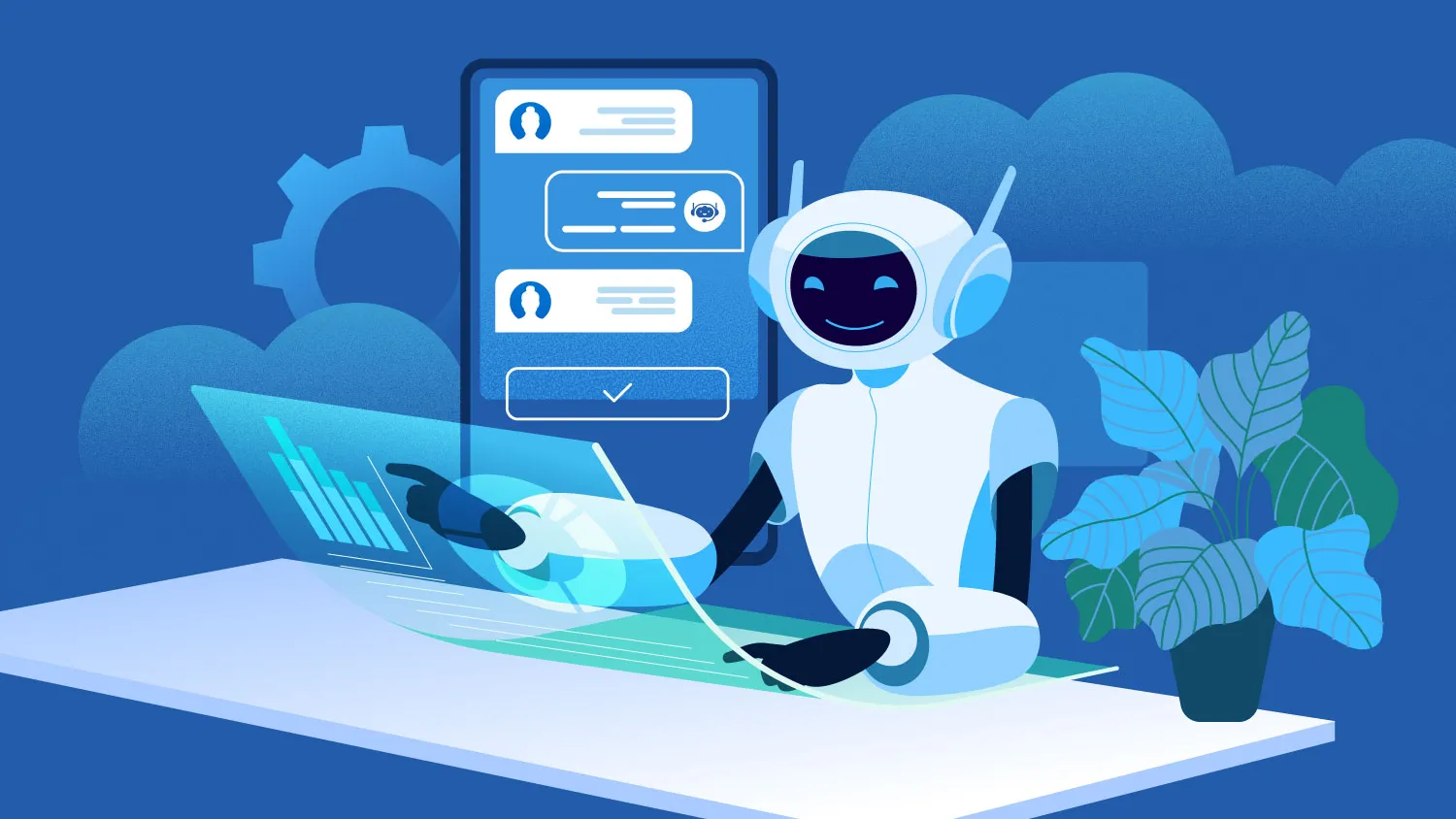From Copy Paste to Teammates: My Year with AI Coding Agents
We’ve all danced the copy-paste waltz:
-
Prompt ChatGPT
-
Copy the snippet
-
Paste, pray, tweak
-
Aaaaaaand back to step one.
It’s the 2020s answer to scrolling Stack Overflow at 3 am. Sure, it can help you to produce incredible boilerplate code. Of course, it's more efficient than coding from scratch.
But at the end of the day, it's still a loop. And getting the right answers still requires a not-insignificant level of programming knowledge.
But for tech founder (and non-developer) let’s call him .. Simon, agentic AI cut out all that copy-pasting—without having to write any code himself.
Meet the autonomous coding agents

Tools like Cline, Roo Code and Windsurf have leapt beyond copy-paste and autocomplete. They act like agents, interacting with AI LLMs (like ChatGPT or Claude) to do all that autonomous programming for you.
Agentic AI:
-
Understands and rewrites entire repos
-
Spins up or refactors multi-file projects
-
Runs shell commands, tests, and even browser sessions
-
Plays multiple roles, from architect to quality assurance, to operations, and more.
Using Agentic AI feels like having a junior developer on your team who executes tickets instead of merely suggesting lines.
Agentic AI also makes coding more accessible, putting the power of software development into the hands of people who’ve never held a development role.
A few months ago a non-developer client showed us what an ambitious solo entrepreneur can build today.
A case-study in agentic AI
Simon understands the software lifecycle, but is completely new to programming. His startup, solves a logistical problem: How do waste management organisations know when a waste bin needs to be emptied?
They use a system of weights under commercial waste bins to determine how full that bin is. That IoT data gets sent to the cloud for analysis and reporting, so organisations can understand when and how often bins need to be emptied.

Without a background in programming or software development, Simon turned to Agentic AI to create the back-end software, building the whole platform on AWS using Lambda, DynamoDB, IoT Core, and Amplify as the foundation with AI pair-programming.
Over the course of six months, he created a whole enterprise-level product from scratch, without any programming knowledge.
What Simon shipped (solo!)
|
Pillar |
What Simon shipped |
|
Architecture |
Event-driven, AWS-native |
|
Workflow |
S3 > Lambda > ORM > DynamoDB |
|
Front-end |
Next.js on Amplify |
|
Auth |
Auth0 across tenants |
|
IoT stack |
Custom weight sensors piped into AWS IoT Core + EventBridge |
|
Ops |
Makefiles + bash for CI/CD |
AI-generated, human-verified
The team at F12 Consult jumped in to run a deep code review and draw up a high-level architecture.
What we saw surprised us.
The architecture was perfect. The code was excellent.
Apart from a few rough edges in the multi-tenancy layer and some Auth0 AWS user pool conflicts, the agent-generated scaffolding was solid and idiomatic.
We flagged the gaps. Simon’s AI-generated software was a great first pass, but it wasn’t perfect. We spotted the potential for user login issues and insecure data between users.
Simon disappeared for a weekend, fed our notes back into his AI teammate, and came back with both issues ironed out.
That was our “OK, agents are real” moment.
From copy-paste to teammates
So, how did we get here? And what does the future look like for coding with AI?
In years gone by, developers turned to Stack Overflow to find answers to their questions, and copy-pasted those into their code.
Next came ChatGPT (and other LLMs). Developers prompted ChatGPT with a specific question and copy-pasted that snippet into their code.
Now, we have Agentic AI (like Cline, Roo Code and Windsurf) that programmes autonomously, interacting with the LLM via an agent.
In the next 12 to 18 months, Agentic AI may become the de facto standard for programming.
And what does all of this mean for the future of software development? We believe it will make software development more accessible to SMEs in two key ways:
Bootstrapping
First, as our waste management case study has shown, Agentic AI is making it easier than ever for people without a background in coding to develop a functional first pass at their software.
In the past, taking on code developed by non-developers was, quite frankly, a painful experience. Even if the software worked in principle, in practice it would be a different story: non-scalable, unmaintainable code which would often require a full rewrite from scratch.
While senior developers should still have some oversight on any critical software project—particularly those that need to scale—Agentic AI means non-developers can bootstrap a lot more of the project themselves before they need to bring someone on to take it to the next level.
Bang-for-your-buck
Even if you’re not planning to bootstrap your software development, Agentic AI is going to make coding cheaper and more accessible to more organisations.
Software development processes have become more efficient over the last few years, and as that trend continues exponentially, clients will see more value.
Over the next few years, Agentic AI might start to replace the kind of work junior developers do now. We’ll see a new generation of “prompt engineers”, or “AI engineers,” who create more productivity via agentic AI.
Budgets will stretch further, and projects will continue to get more ambitious. Any software consultancy that doesn’t have Agentic AI on its radar is going to get left behind.
The future of AI development
Agentic AI can already develop surprisingly good code. It’s almost there. But not quite. Until you can be certain that AI-developed software is secure and scalable, you’ll still want your code checked over by an experienced, human developer.
That’s where we step in.
With more experience than we’d like to admit (anyone remember stored procs 2,000 lines long with zero comments?), the F12 Consult team love nothing more than good code review (And if you’re still trapped in the infinite copy-paste loop, don’t worry, you’ll have company at 3 a.m. in Slack).
Speak to us about Agentic AI in software projects.
Don't hesitate,
get in touch today
We’d love to get to know you and your business better.

